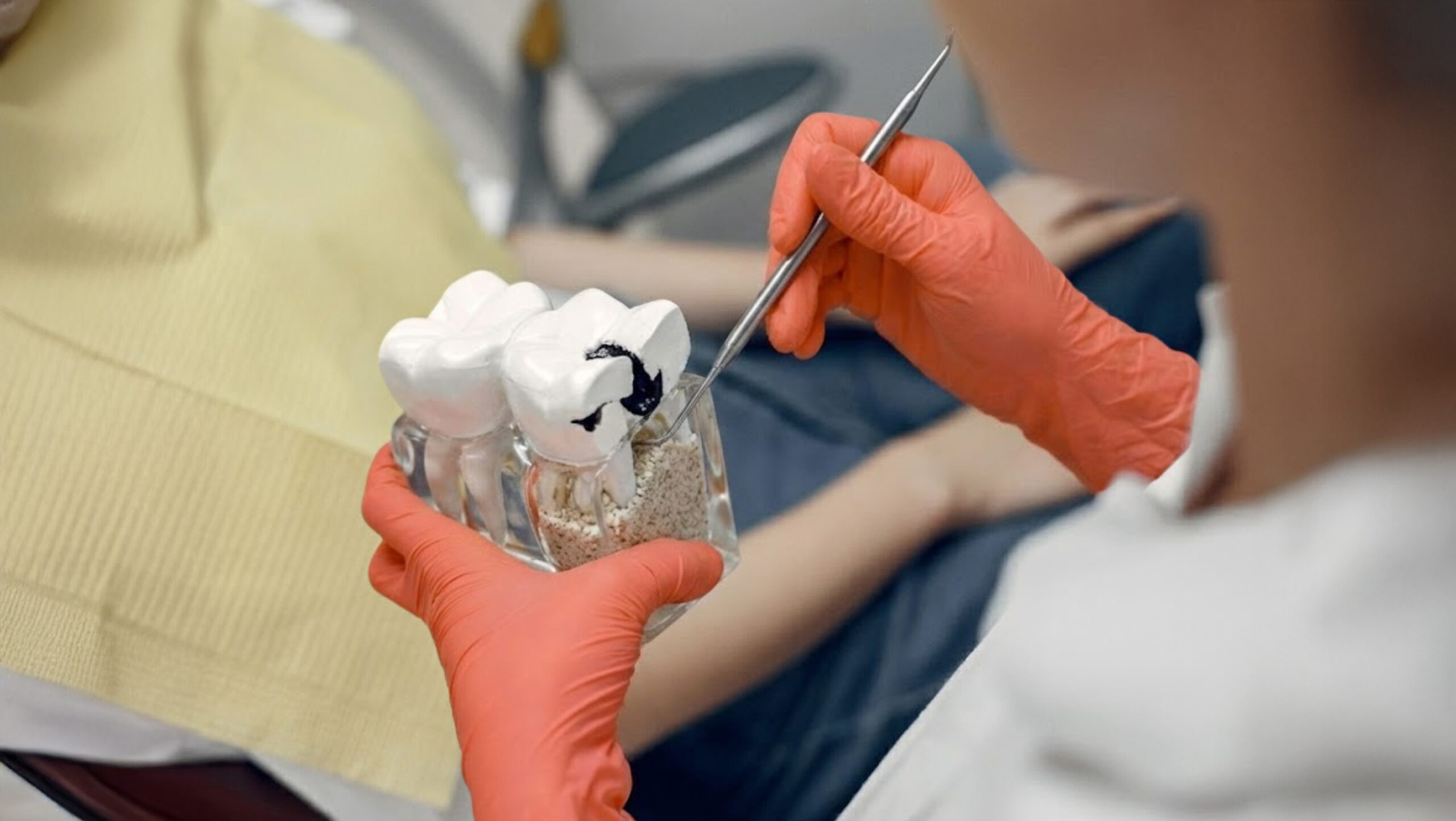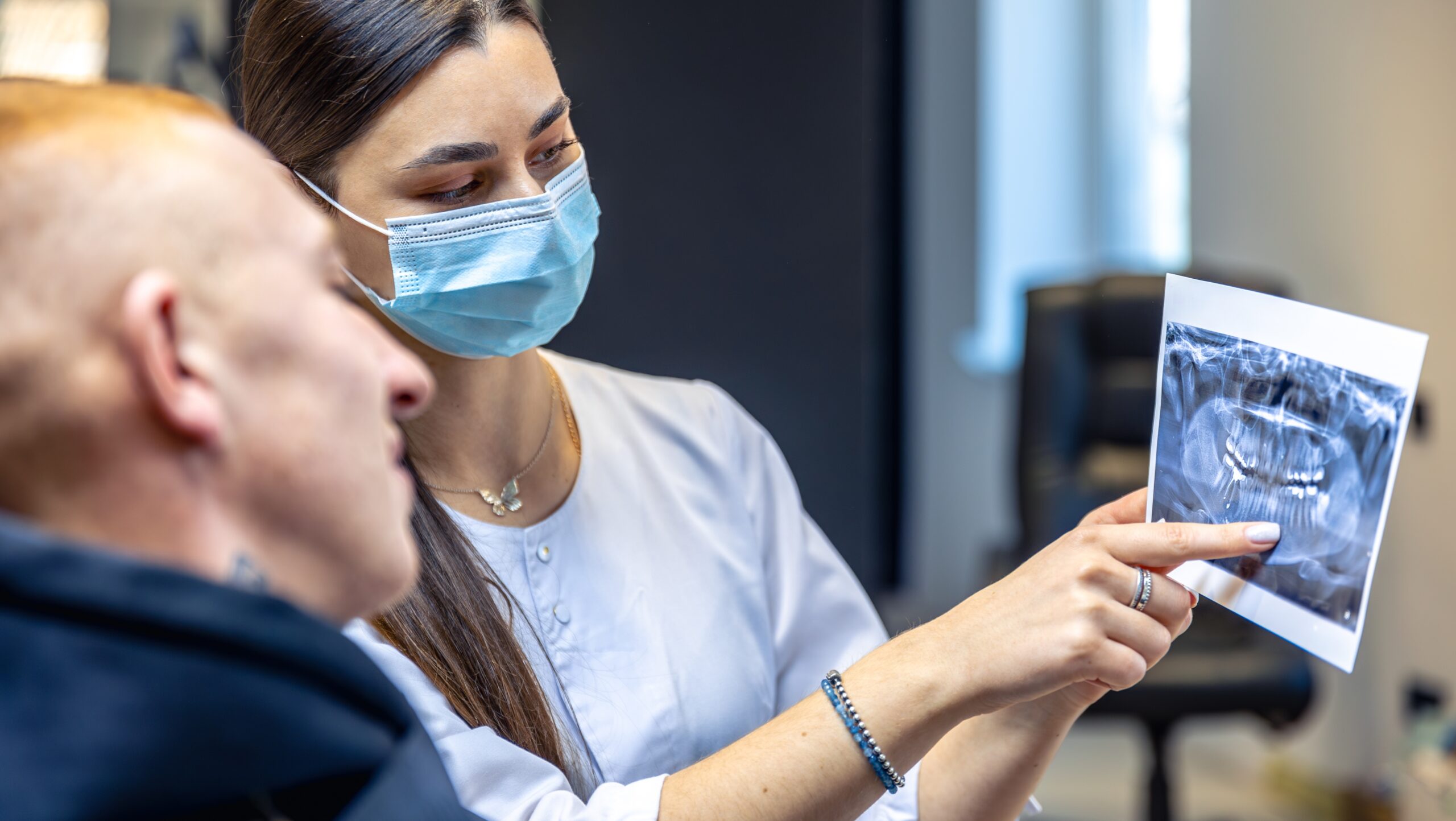The Role of Technology in Modern Dental Implant Procedures: A Look into the Future
 By: Britely
By: Britely
The dental implants industry has witnessed significant advancements over the past few decades, thanks to technological innovations. As we move forward, the integration of cutting-edge technology promises to revolutionize the field even further, enhancing the quality of care, improving patient outcomes, and making procedures more efficient and accessible. What are some of the key technological trends shaping the future of dental implants?
1. Digital Imaging and 3D Printing
Digital imaging technologies, such as cone beam computed tomography (CBCT) and intraoral scanners, have transformed the diagnostic and treatment planning phases of dental implant procedures. These tools provide highly accurate and detailed images of the patient’s oral anatomy, allowing for precise planning and placement of implants.
3D printing is another game-changer in the dental implants industry. It enables the production of customized surgical guides, prosthetics, and even patient-specific implants. This customization leads to better fitting implants, reduced surgery times, and faster recovery periods for patients.
2. Computer-Aided Design and Manufacturing (CAD/CAM)
CAD/CAM technology has streamlined the design and fabrication of dental implants and prosthetics. Dentists can now design implants with remarkable precision, tailoring them to the exact specifications of the patient’s needs. This technology reduces the margin of error and enhances the overall success rates of implant procedures.
3. Artificial Intelligence and Machine Learning
Artificial intelligence (AI) and machine learning (ML) are making their mark on the dental implants industry by improving diagnostic accuracy and predictive analytics. AI algorithms can analyze vast amounts of patient data to predict potential complications and suggest optimal treatment plans. This level of insight helps dentists make informed decisions, leading to better patient outcomes.
4. Nanotechnology
Nanotechnology is set to revolutionize the materials used in dental implants. These teeny tiny materials can enhance the biocompatibility and osseointegration of implants, leading to faster and more reliable integration with the jawbone. For example, some dental implants manufacturers are applying a thin coating of calcium phosphate to their implants, and those nanocrystals are resorbable and stimulate your bone while healing.
BioHorizons, one of the leading manufacturers of dental implants in the world, has published research on nanotechnology and roughness of implant surfaces that improves bone-implant contact. Additionally, nanotechnology can be used to create antibacterial coatings for implants, reducing the risk of infections and implant failures.
5. Tele-dentistry and Remote Monitoring
The rise of tele-dentistry is changing how dental care is delivered. Remote consultations and monitoring allow dentists to provide follow-up care and support to patients without the need for in-person visits. This is particularly beneficial for patients in remote or underserved areas, improving access to quality dental care.
6. Bioprinting and Tissue Engineering
Bioprinting and tissue engineering hold the promise of creating biological implants that integrate seamlessly with the patient’s natural tissues. Researchers are exploring the possibility of printing bone and soft tissue structures that can be used to repair or replace damaged oral tissues. This technology could potentially eliminate the need for synthetic implants altogether, offering a more natural and sustainable solution.
The future of the dental implants industry is bright, with technology driving unprecedented advancements in diagnosis, treatment planning, and implant fabrication. As these innovations continue to evolve, patients can expect more personalized, efficient, and successful dental implant procedures. Dentists and researchers must stay abreast of these technological trends to harness their full potential and provide the best possible care for their patients. The integration of technology in dental implants not only enhances the patient experience but also paves the way for a future where dental health is more accessible, effective, and reliable than ever before. Contact your local Britely office to see what options exist for you!


